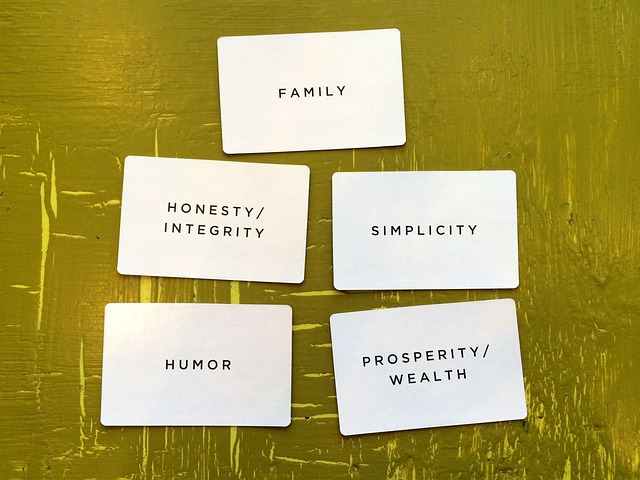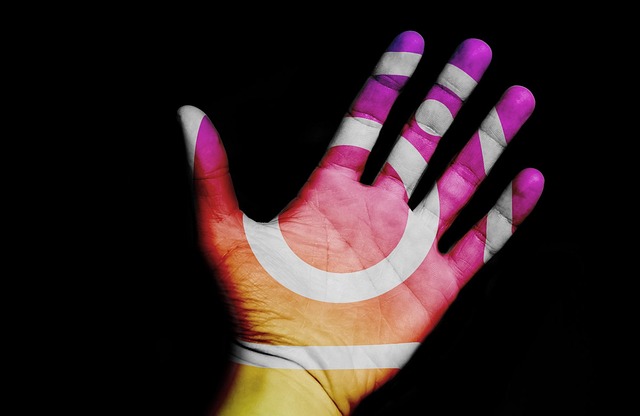Meme culture has become an undeniable force in the landscape of social media, significantly shaping how we communicate and express ideas. The importance of meme culture cannot be overstated; it’s not just a humorous distraction but a crucial component of our daily online interactions. Through clever visuals, relatable captions, and often satirical undertones, memes encapsulate complex emotions and social commentary in a digestible format. The rise of platforms such as Instagram, TikTok, and Twitter showcases how memes have transcended mere entertainment to influence the very fabric of online conversations.
Social media impact is profound, as memes often spark trends that ripple through digital communities. What starts as a simple joke among friends can morph into viral phenomena, impacting everything from marketing campaigns to political discourse. Brands are increasingly tapping into this viral nature, creating content that resonates with young audiences by leveraging the familiarity and humor of memes. This not only boosts engagement but also fosters a sense of connection, as users see their own experiences reflected in these shared jokes.
The power of memes lies in their relatability. In an era where social media can sometimes feel disconnected or overwhelming, memes create a sense of community. They offer a light-hearted escape and highlight shared frustrations or joys, whether it’s about navigating adulthood, the struggles of working from home, or the absurdities of modern life. The ability of meme culture to encapsulate these feelings enhances our social media experiences, allowing us to bond over shared understanding and humor.
Moreover, the fluidity of meme culture means that it is constantly evolving. Trends emerge and fade at an astonishing pace, pushing individuals and brands alike to stay ahead. Observing these trends offers valuable insights into societal moods and cultural shifts, reflecting the collective psyche. Memes often serve as a response to current events, allowing individuals to process information and engage in dialogue around pressing issues, all while holding on to the humor that memes offer.
Engaging with meme culture also encourages creators, amateurs, and professionals alike to express themselves. Social media platforms are inundated with meme creators who challenge the status quo, introducing innovative formats that capture the zeitgeist. This democratization of content creation not only empowers individuals to voice their thoughts but also cultivates a space where everyone can participate in cultural commentary, blurring the lines between consumer and creator.
As we continue to navigate the complexities of social media, understanding the importance of meme culture will be essential for anyone looking to engage meaningfully in these platforms. The bridges built through memes keep conversations fresh and relevant, ensuring that humor remains a universal language, one that transcends geographic and cultural boundaries. By leaning into the essence of what memes represent—a transient yet impactful medium of communication—we can better appreciate their role in shaping not just social media, but our collective conversations as well.



